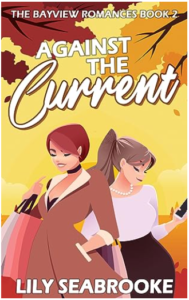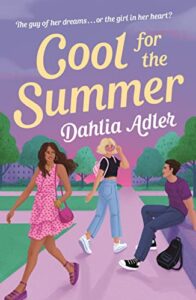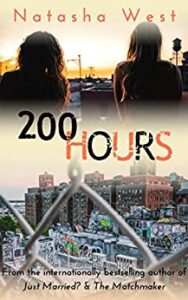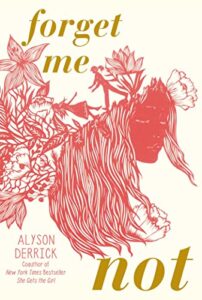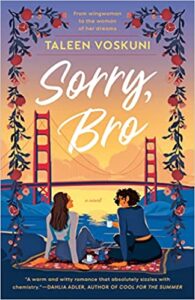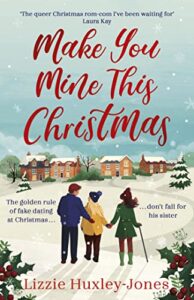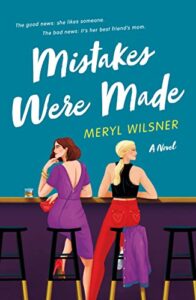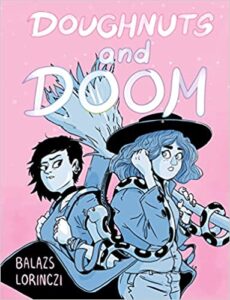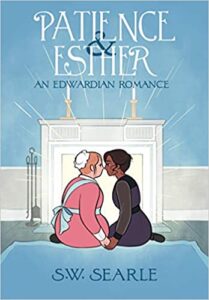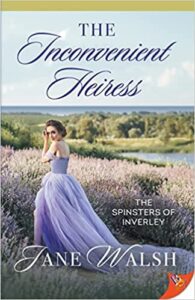Against the Current is the second in what promises to be a lovely cozy romance series, based on a queer friend group that lives in the same fictional, medium-sized city. The main characters, Annabel and Priscilla, were introduced (Priscilla a lot more briefly than Annabel) in the first book, If It’s Meant to Be. In that book, Priscilla is introduced as a younger straight woman who has a massive crush on the incorrigible playgirl, Annabel. By the opening of Against the Current, only the “massive crush” part of that remains true. Priscilla is fully aware that her feelings for Annabel are not exactly heterosexual (she takes a bit of time to figure out what that means for her as the book goes on), and Annabel is desperate to shed the “playgirl” from her life. She wants someone a lot more permanent in her life, even (maybe especially) after having had a relationship with the emotionally-unavailable Emberlynn, one of the main characters in If It’s Meant to Be.
There’s no real toaster-oven angst in this one on Priscilla’s part. She’s comfortable having this crush, even if the crush itself is deeply uncomfortable. The angst and main problematic come because Priscilla is a) younger, and b) a swimmer on the college team Annabel coaches, which makes this an age-gap/student-teacher romance if you squint hard enough, even though the gap in question is only four years. The romance itself follows a fairly standard arc with moderate pacing and medium spice, the chapters are narrated first-person by one or the other of the main characters, and it comes to a tidy resolution, with enough of the supporting cast tangled up in their own drama to provide further fodder for the series.
Where this novel falls short is in the first sex scene, and what follows are both light spoilers and a content warning for coercive sex, so read on at your own discretion. The pair find themselves at a hotel, having travelled for a high-level swim meet, in which Priscilla won a gold medal. They are sharing a room and discussing the significant sexual tension between them. Priscilla is trying to convince Annabel that she knows where she is, what she’s doing, who she’s doing it with, and that she understands their scholastic relationship. And Annabel says, “no,” kindly and clearly. Priscilla pushes right past that no, past at least two others, and eventually wears Annabel’s resolve down and into bed. Not exactly enthusiastic consent. This is a thing that happens in romance novels and has been used in other books as an effective point of contention. But that doesn’t happen here. Annabel doesn’t bring up her feelings the next morning, Priscilla is happy to have bedded her crush, and the friend group admonishes Annabel and warns her off breaking the younger woman’s heart. I waited for the author to flag Priscilla’s behavior as bad at any point in the rest of the book, but she didn’t. I was stunned. Seabrooke is a better author than this, and these wonderful, rich characters (particularly Annabel) deserved so much more. But this was a significant oversight on an otherwise talented author’s part that must be mentioned and highlighted, particularly for any readers that have experienced such coercion themselves.
Overall, the book was a well-written, breezy romance for those times where you just want to disengage for a couple of hours and read about some messy sapphic twenty-somethings being cute and gay. I unfortunately can’t recommend it, as the coercive manner in which the sexual relationship between the main characters starts cast a pall over the whole book as I was reading it. Read the first book. Read everything else Seabrooke has written, supporting a trans author who deserves a lot more visibility. But, unless you read book one and you just can’t not read what happened with Priscilla’s first gay crush, I’d skip Against the Current.
I received an advance review copy of this book from Booksprout in exchange for nothing but an honest review.

